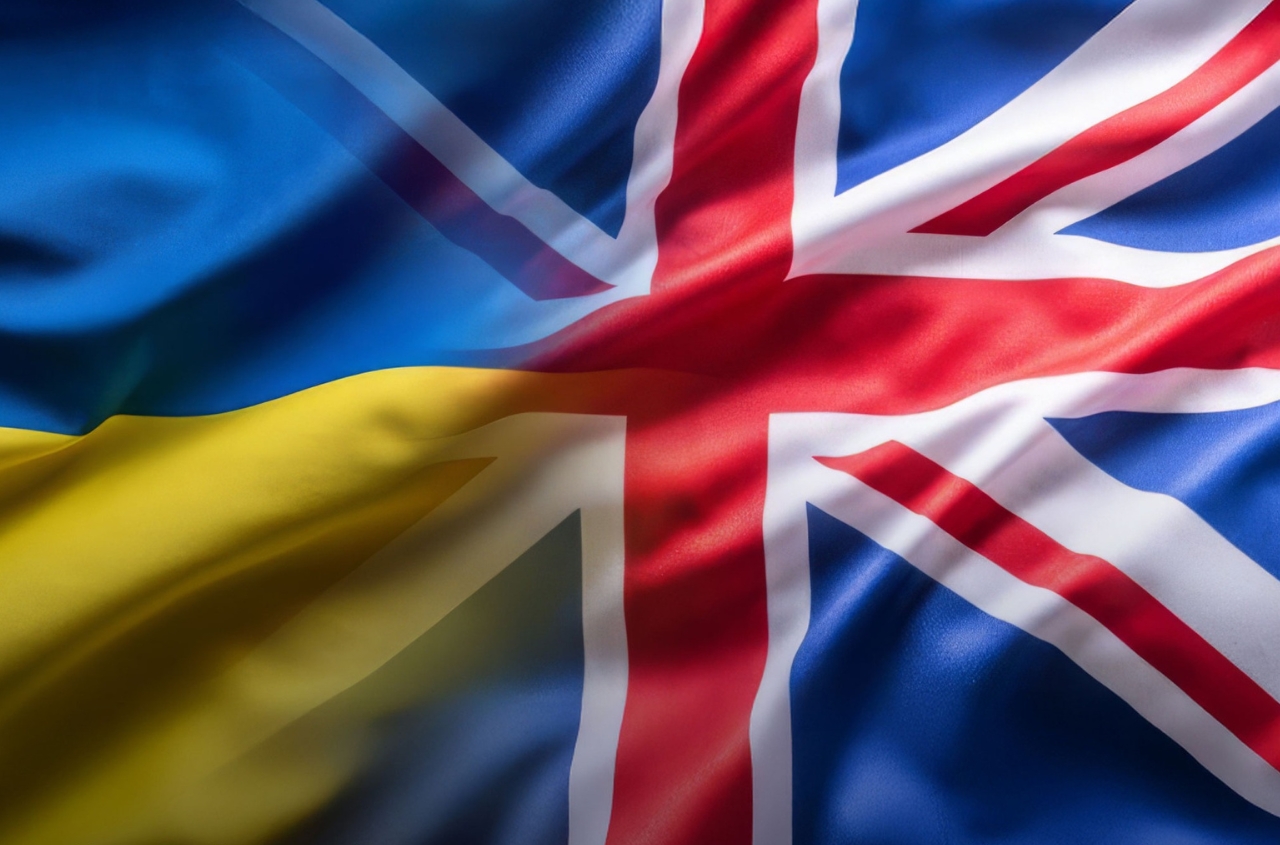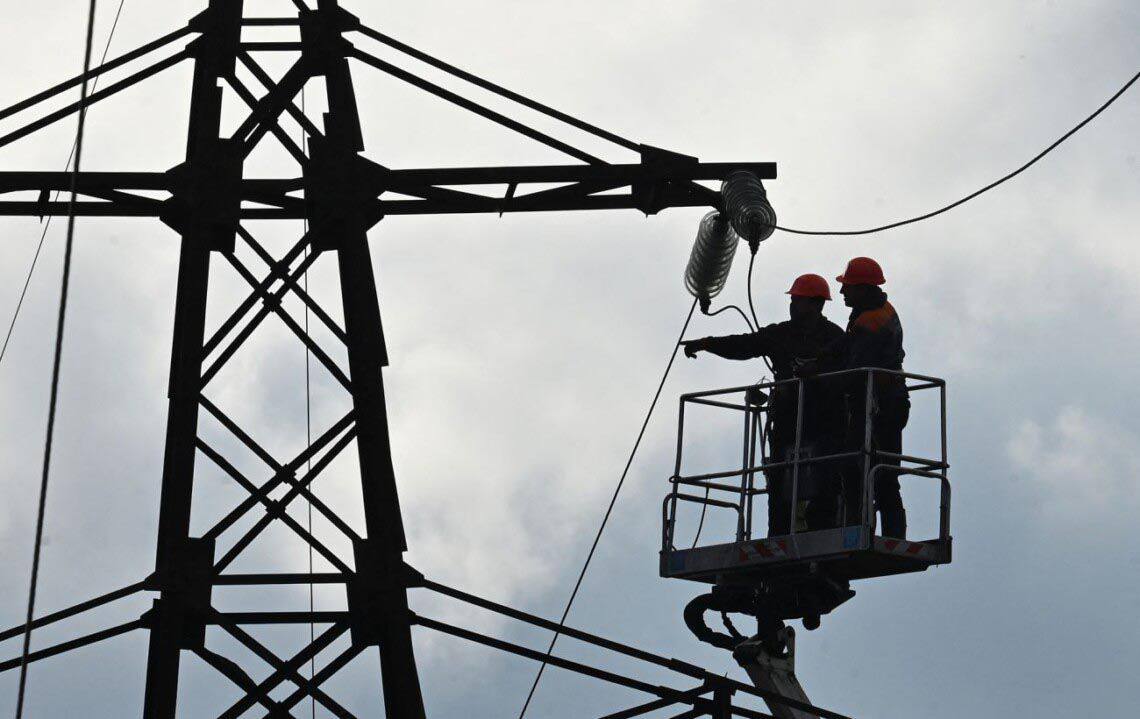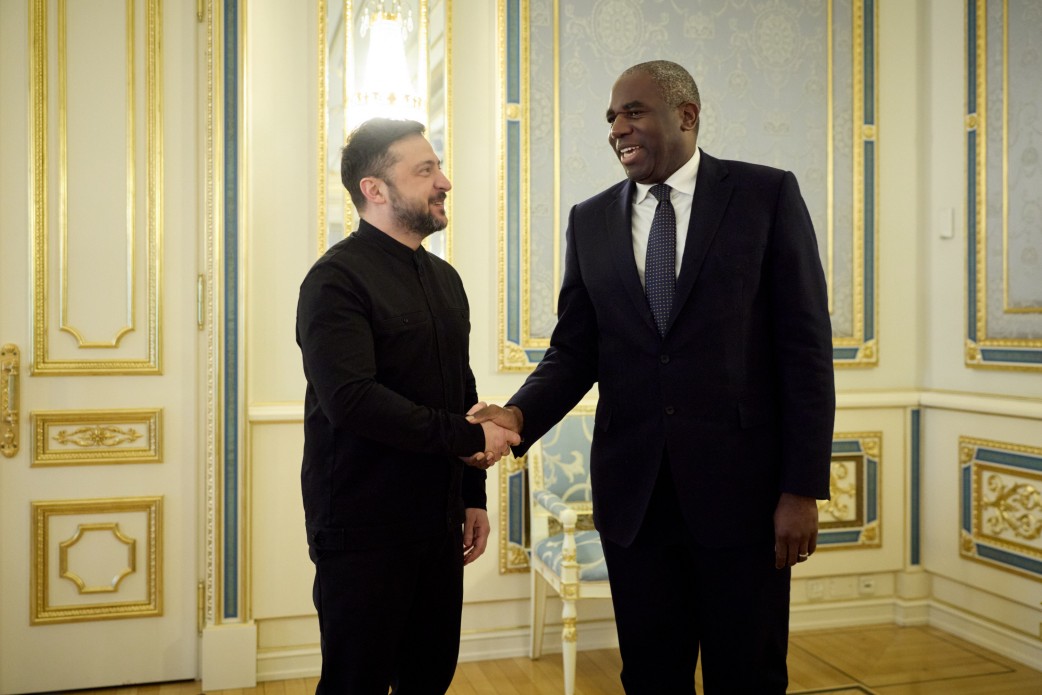The Russian Central Bank acknowledged that raising the key interest rate to its highest level in two decades has been powerless to slow down inflation.
"Signs of a transition to a stable slowdown in price growth are still absent," the Central Bank writes in its report, "What Trends Indicate."
In December, inflation in Russia accelerated to 9.5%, with food prices rising by more than 11% for the year, marking the highest increase in the last 9 years.
When assessing annual inflation based on monthly figures, December saw inflation hit 14.2%, which is 2.5 times higher than the same month the previous year. The annualized food inflation, based on monthly growth rates, surged to 22.9%, nearly tripling the levels of December 2023.
January brought no relief, the Central Bank admits. In the first three weeks of the month, prices rose by 1.14%, and annual inflation reached double digits for the first time in two years (10.14%, according to Interfax estimates). Sanctions, a decline in harvests, and a weakening ruble significantly contribute to the inflationary surge, according to the Central Bank. Additionally, "one-time factors" like fare hikes in public transport, increases in minimum retail prices for vodka, and rising utility tariffs are also mentioned.
Consumer demand, which accumulated in the economy after money was distributed to military contractors and investments into the defense sector, "still exceeds the ability to increase the supply of goods and services," the Central Bank notes. According to the regulator's statistics, more than 20 trillion rubles of new money have settled in the bank accounts of Russian citizens since the war began. However, the amount of goods in the economy has not increased. The country's resources—production capacities and labor—are "exhausted," the Central Bank acknowledges, adding that "continuing rapid growth is impossible" in such conditions.
Last year, Russian GDP grew by about 4%, according to the regulator. Unemployment is at a historic low, wages are showing "steady growth," and production still lags behind consumption, the Central Bank reports. It warns that in these conditions, monetary policy will need to remain tight "for an extended period."
At its December meeting, the Central Bank unexpectedly decided not to change the key interest rate, which had been raised three times last year, reaching 21%—its highest level since the early 2000s. This followed a campaign of pressure on Elvira Nabiullina, with billionaires, officials, and people with direct access to Vladimir Putin, according to Bloomberg sources, becoming involved.





















